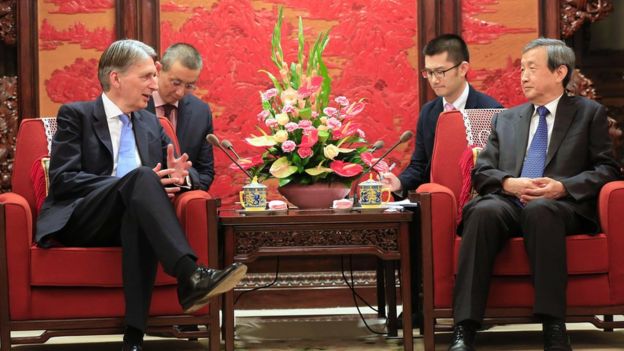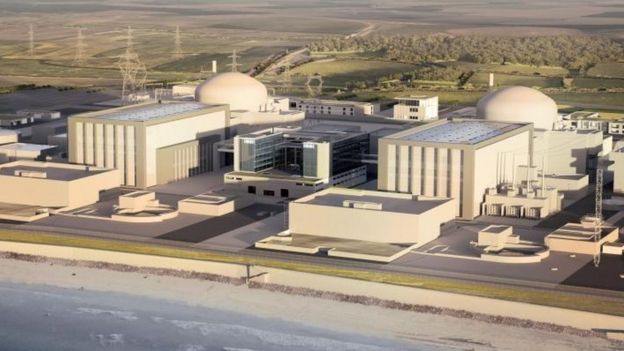solarz
Brigadier
We talking about creative problem solver. Is Li Bai a creative problem solver? He is a poet.
Poetry is one of the greatest creative problems known to mankind. Everyone can write words, but only poets can arrange them in a way that is both elegant and expressive.
NO, but China and many asian countries take it to a whole different level. They drill you into memorizing way too many formulaes that are many times unexplained as they are shortcuts for solutions. It is expected you need to memorize these formulaes and more for the exams while in the west even the BASIC formulaes are sometimes PROVIDED for you in the exam. In fact many exams are OPEN BOOK exams. The mindset is completely different from this standpoint - that one is to want the student understand how the formulaes was derived from and the fundamental principles behind it and how to best utilize it and why, while the asian approach is just rote learning and forcing student think like mechnical robot through endless repetition and memorizations.
Fundamentally, western education emphasize understanding, while asian/chinese education understanding is not required.
You are confusing method with intention. Chinese learning may be based on rote, but it is rote learning with the goal of understanding. It is a mistake many parents and educators make, East or West. In the West, parents and poor educators believe it is enough to let children learn at their own pace, neglecting the fact that children need to be pushed to challenge their own limits. This is the same as Chinese parents and educators who believe that a child regurgitating material is enough. Neither achieves good quality education.
One reason I believe why there are far too little creative endeavor by the asian society is the same reason why the Chinese parents force their kids to go into one of the STEMS streams - engineers, doctors, accountants, lawyers, architects. Many kids were forced into these professions when they have little to no interest in the subject. With no interest there is no passion and they become just zombies at work. While in the west the parents and teachers cultivate the children's passion for the subject they are interested in. My friends are all passionate about their own work and actually doing projects outside of work as hobby because they are just so passionate about their own work. I have rarely (or ever!) seen asian do anything outside of work that's related to work. The Japanese has a word for it : the "salaryman" and Nietzsche describes it as the "Last Man".
You are judging kids in China based on Chinese kids abroad. Overseas Chinese are limited in their career choices because they do not have the kind of network or connections needed for a career in arts or business management.
In China, they are not limited in such ways. Plenty of parents encourage their kids to go into arts. Ever heard of Lang Lang?
Do I? Really?
The supercomputer you talk about, is only a incremental improvement over the existing - not a fundamental quantum leap like the west is seeking. Now, coldfusion I didn't know China actually solve that problem and invented a coldfusion reactor that works. LOL.
Sounds like you're unable to recognize creativity even when shown.
First, you might want to look up the difference between fusion and cold fusion. Fusion is what happens in stars. Cold fusion is a theoretical concept of fusion at room temperature. The former is science, the latter is science fiction, at least for now.
As for supercomputers, you only think it's an incremental improvement because you don't understand what is involved is creating the next generation of supercomputers. It's not just making CPUs go faster, it's about coming up with solutions to existing problems in miniaturization, heat management, and parallelization. Supercomputers are as much an incremental improvement as the F-22 is an incremental improvement over the bi-plane.
If Chinese education system is truely superior, or at least equal to the west in that regard, shouldn't we be seeing at least 4 to 10 times more scientific, technological creative output out of China? Why is there so little coming out ??
I did not say the Chinese education system is superior. I said the culture of education is better. Education, although an important and essential component, is not the only factor in scientific advancement. Economics is the main determining factor. Scientific and technological output is closely in line with economic size. China is the second largest economy in the world, and its scientific and technological output is in line with that reality.


